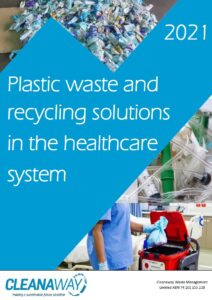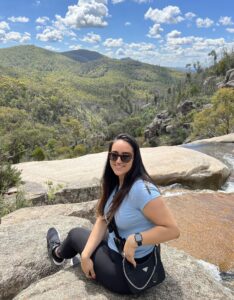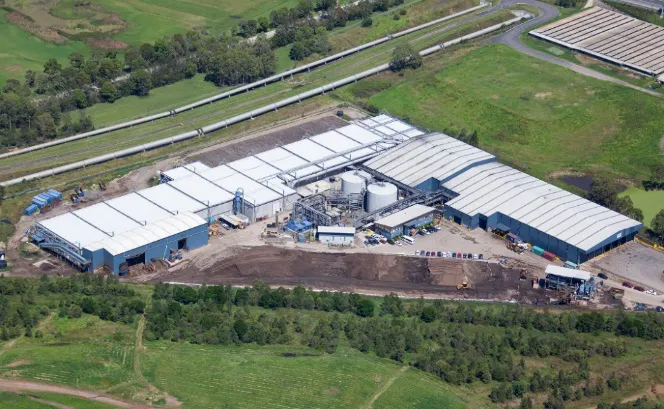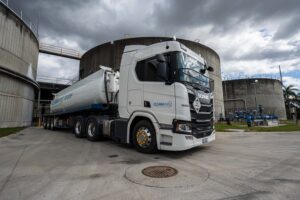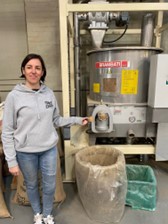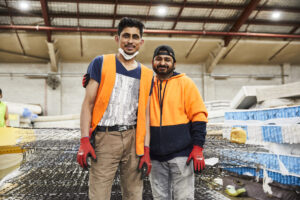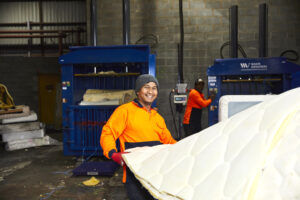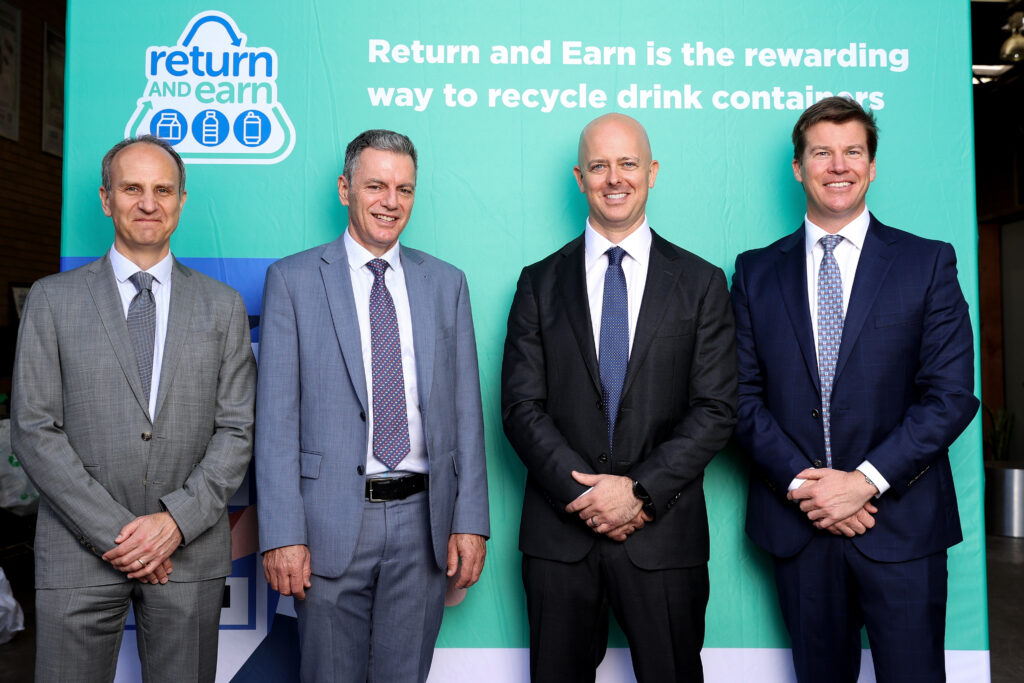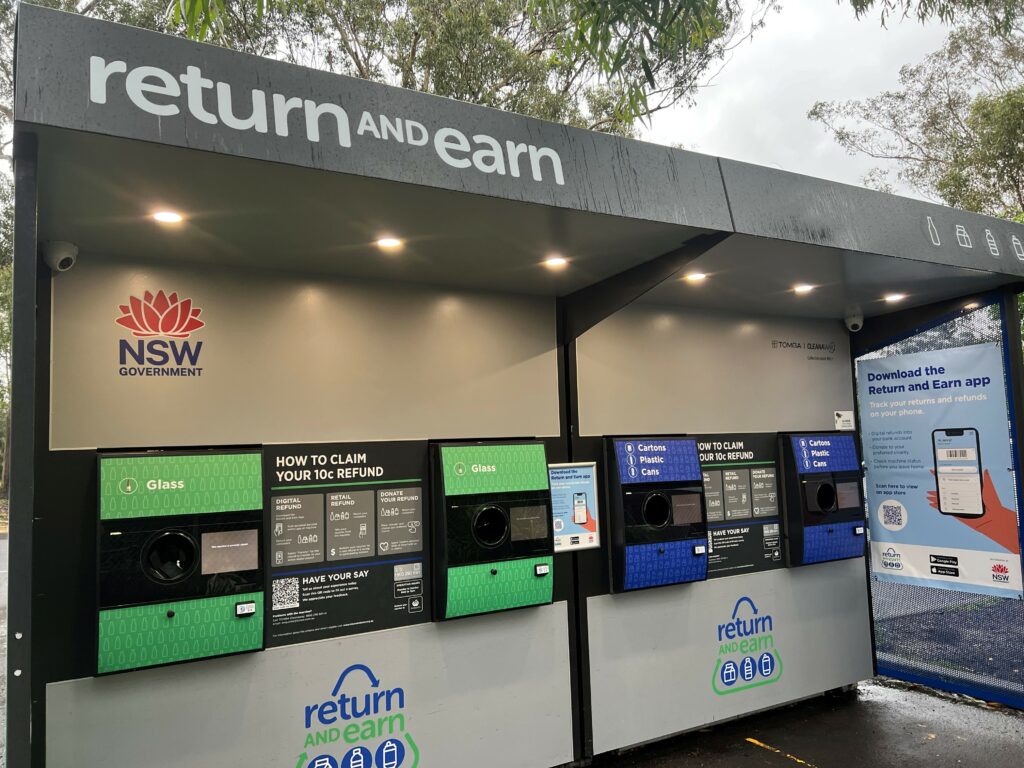The total investment is currently estimated at over $500 million and is projected to create 185 direct and over 2,900 indirect local jobs.
The total investment is currently estimated at over $500 million and is projected to create 185 direct and over 2,900 indirect local jobs.
The collapse of the country’s largest soft plastics collection and recycling scheme run by REDCycle, shines a bright light on the need for large scale, circular and higher value solutions if we are to transform used soft plastics like food containers and shopping bags back into food grade virgin quality plastic that can then be reused in the original packaging applications.
To this end Cleanaway and Qenos have been working on a plan to collect about 100,000 tonnes of soft plastics each year via existing household garbage collections.
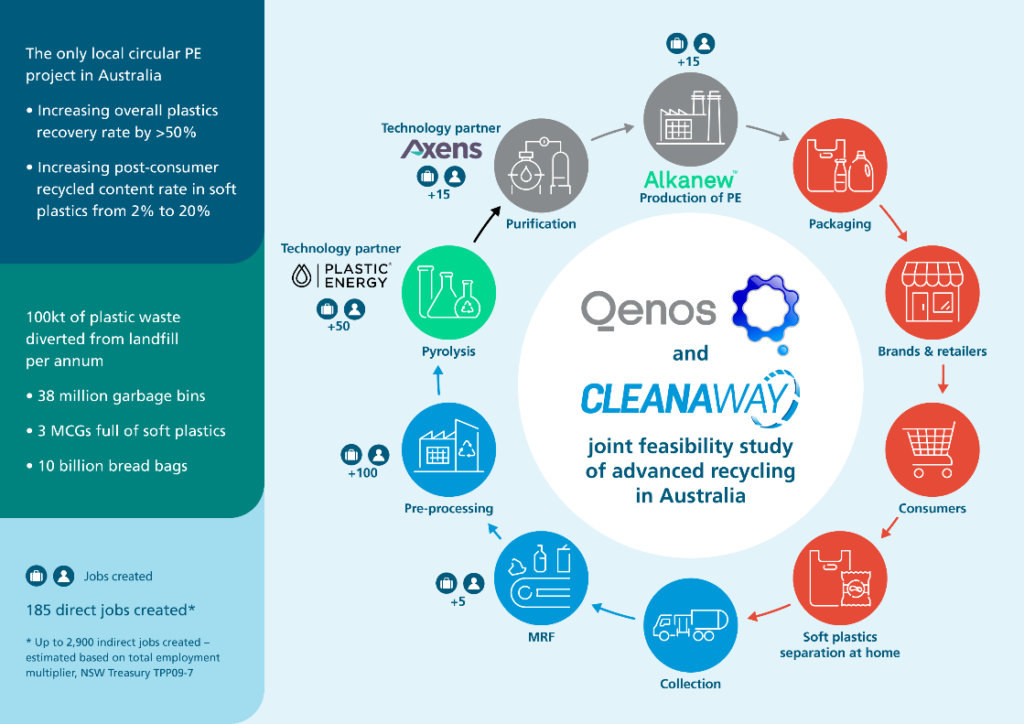
Qenos CEO Stephen Bell said: “Qenos and Cleanaway have been working together on a Circular Plastics Project for over nine months that will initially target the collection of 100,000 tonnes of soft plastics per annum. This is more than ten times the size of total annual volumes collected through the REDcycle scheme, and through investment in advanced recycling infrastructure, our companies would together be able to close the loop on soft plastics.” The total investment is currently estimated at over $500 million and is projected to create 185 direct and over 2,900 indirect local jobs.
The cross-value chain partnership brings together the unique capabilities of Australia’s only domestic manufacturer of polyethylene plastics and Australia’s leading collections and recycling business. Cleanaway will look to partner with councils and commercial customers to collect the plastics and invest in new infrastructure to process these materials into a form that is suitable for advanced processing.
Qenos and Cleanaway propose to jointly invest in the advanced recycling technology that will convert the plastic into feedstock and produce new plastic through pyrolysis. To fully close the loop within Australia, Qenos would also invest in further upgrades to its existing plants to convert this recycled feedstock into a fully circular polyethylene called Alkanew, that can be used to remanufacture the very same packaging. This technology is already operating at commercial scale overseas.
The two companies have completed technical and economic feasibility studies covering all aspects of the circular supply chain and are in the final stages of completing a lifecycle assessment to assess the carbon benefits of the new process. A public summary of the results is expected to be released early 2023. This will be followed by the development of a detailed business case to support the economics of the proposed project. Australian packaging manufacturers have expressed a strong interest in buying Alkanew circular polyethylene when supply comes online, thus truly closing the loop back to the original packaging.
Cleanaway’s CEO Mark Schubert commented “Highly circular, low carbon solutions that serve our key customers, communities and the environment are central to our BluePrint 2030 Strategy. Cleanaway has established itself as the market leader in plastic recycling solutions with innovative partnerships, state-of-the-art facilities, and processing capability across all major polymers. Through the advanced recycling process of pyrolysis, we are proud to be working together with Qenos to develop a scalable solution for household soft plastics. This will provide major retail customers, food manufacturers, and packaging suppliers with enhanced sustainability outcomes through recycling and reuse with the benefit of diverting these materials from landfill.”
The major roadblock for investment to enable this fully circular soft plastic solution within Australia is the unsustainably high energy costs that are challenging the viability of the Qenos operations in Sydney and Melbourne.
Mr Bell has called for the current energy price crisis to be resolved urgently, as a key enabler for creating a circular economy for plastics in Australia. “The government has indicated that it aims to come up with a response to the current energy price crisis before Christmas. Ensuring that the unique petrochemical facilities of Qenos are viable into the future will be essential for the creation of a fully circular economy for plastics in Australia”, said Mr Bell.
Contact us to learn more about how we’re making a sustainable future possible together with communities and businesses across Australia.
